Trump's sweeping pardon of Capitol rioters angers dead police officer's family
Trump's pardon quashes hundreds of pending cases; Ongoing trial in Washington, D.C., comes to abrupt end
Reuters
News Agency Partner
Reuters is a leading source of news and information, delivering fact-based reporting and expert analysis on international events and trends.
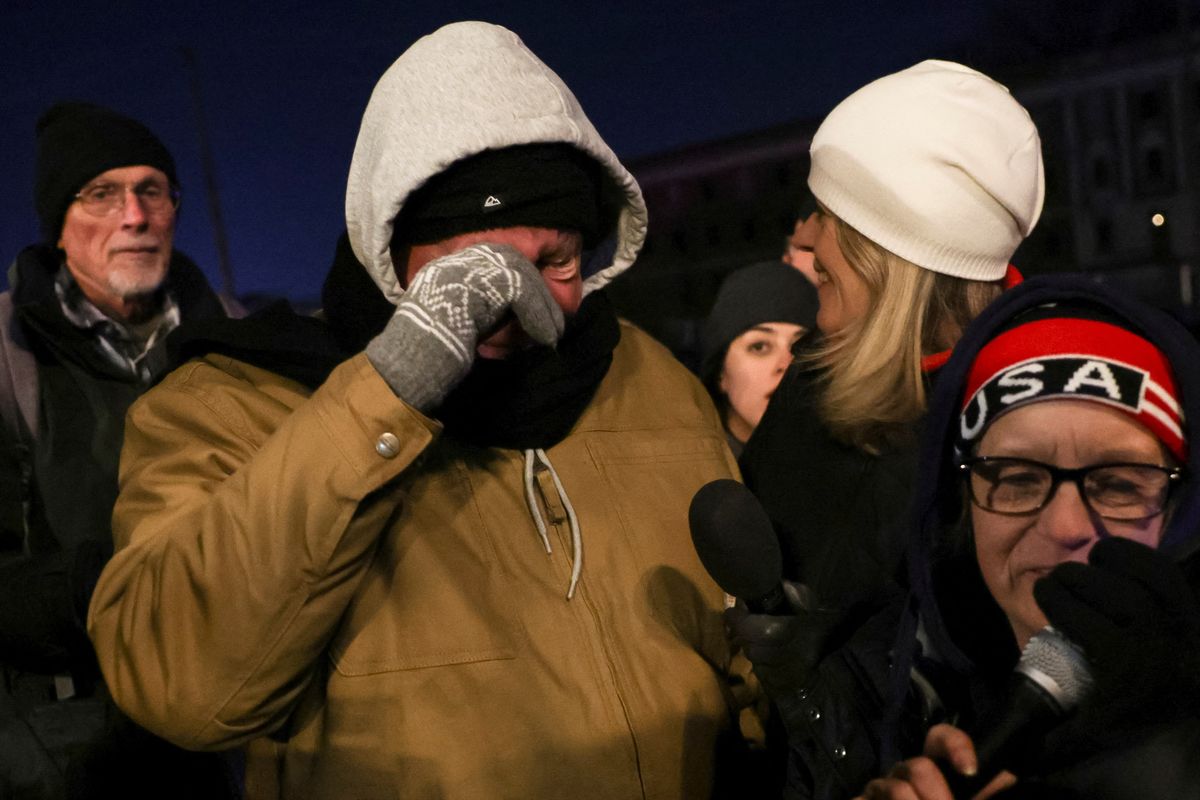
Father of Daniel Ball, jailed for charges related to the January 6, 2021 attack on the U.S. Capitol, reacts outside a detention facility, on the inauguration day of Donald Trump's second presidential term in Washington, U.S. January 20, 2025, as U.S. President Donald Trump issued pardons for some of the convicted on January 6th related charges.
Reuters
Donald Trump's pardon of more than 1,500 of his supporters who four years ago stormed the U.S. Capitol drew criticism on Tuesday from police who battled the mob, their families and lawmakers, including some of the president's fellow Republicans.
Trump granted clemency to everyone charged with joining the Jan. 6, 2021, assault in a failed bid to overturn his election defeat. Some 140 police officers were injured in the rampage which sent lawmakers running for their lives.
Craig Sicknick, whose brother, Capitol Police Officer Brian Sicknick, was assaulted during the riot and died of multiple strokes the next day, called Trump "pure evil" on Tuesday.
"The man who killed my brother is now president," he said.
"My brother died in vain. Everything he did to try to protect the country, to protect the Capitol - why did he bother?" Sicknick told Reuters. "What Trump did is despicable, and it proves that the United States no longer has anything that resembles a justice system."
Michael Fanone, a former officer with Washington's Metropolitan Police Department who suffered severe injuries during the riot, said on Monday he was upset that six people who assaulted him that day would walk free.
"I have been betrayed by my country," he told CNN.
Trump's clemency extended from the people who committed only misdemeanors such as trespassing to those who attacked police officers and to the far smaller group who planned the assault on democracy.
One of Trump's fellow Republicans, Senator Thom Tillis, said pardoning rioters who assaulted police sent a wrong message.
"I saw an image today in my news clippings of the people who were crushing that police officer. None of them should get a pardon," Tillis told Reuters in a hallway interview. "You make this place less safe if you send the signal that police officers could potentially be assaulted and there is no consequence."
Campaign promise
White House spokesperson Karoline Leavitt defended the pardons, claiming without evidence that many of the convictions were politically motivated.
"President Trump campaigned on this promise," she said on Fox News. "It should come as no surprise that he delivered on it on Day One."
More than 1,000 defendants pleaded guilty rather than go to trial, including 327 who pleaded guilty to felonies, according to Justice Department statistics.
One protester, Ashli Babbitt, was shot dead by police during the Jan. 6 riot as she tried to force her way into the House of Representatives chamber. Four officers who responded that day later died by suicide.
Trump's were not the only pardons on Monday: Outgoing President Joe Biden in his final hours in office pre-emptively pardoned five members of his own family, a move that followed his pardon last year of son Hunter Biden, who had been charged with tax fraud and an illegal firearms purchase. The Democrat had previously pledged not to pardon his son.
Republican Senator Susan Collins said both presidents had acted wrongly, calling it a "terrible day for our Justice Department." Tillis also criticized Biden's pardons.
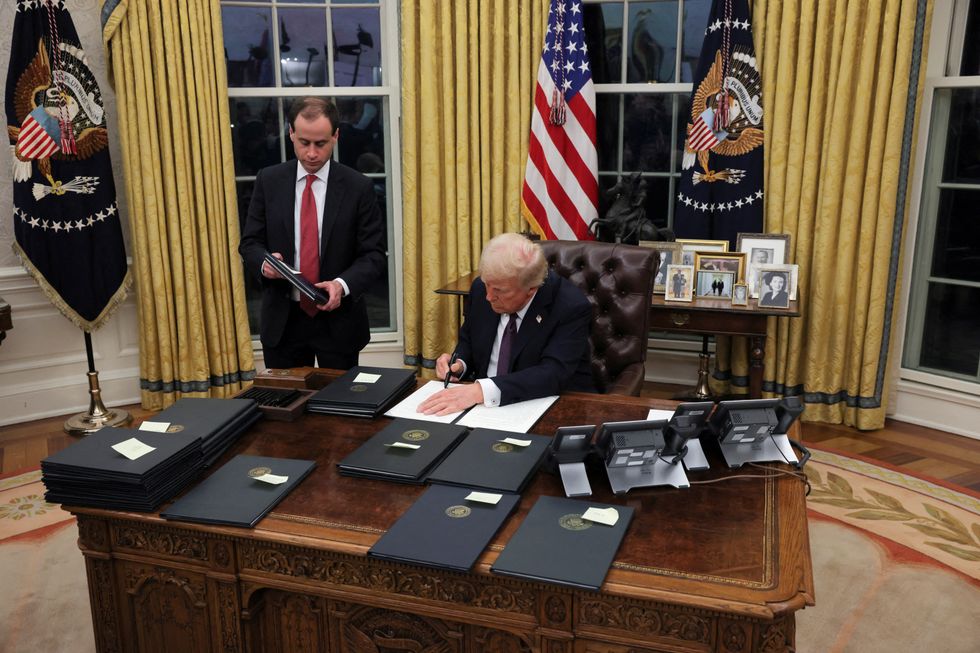
An attorney for Enrique Tarrio, former leader of the Proud Boys, said he was released on Tuesday. Tarrio was not present at the Capitol on Jan. 6, but was sentenced to 22 years, the longest imposed on any defendant, after he was convicted of seditious conspiracy for his role in planning the attack.
Stewart Rhodes, the former leader of the Oath Keepers militia who had his 18-year prison sentence commuted, was released shortly after midnight on Tuesday in Cumberland, Maryland.
Rhodes did not enter the U.S. Capitol on Jan. 6, but he was found guilty of plotting to use force against Congress to prevent the election certification. He was also accused of helping to stockpile firearms at a hotel in nearby Virginia that could be ferried across the river to Washington, D.C.
Rhodes was one of 14 people whom Trump released from prison early, commuting their sentences, without fully pardoning them. That means they will continue to face some restrictions, including a ban on owning firearms.
Largest investigation in justice department history
Trump's action shutters the largest investigation in Justice Department history, including more than 300 cases that had still been pending. Prosecutors filed dozens of motions to dismiss cases on Tuesday morning, federal court records showed.
In Washington, the trial of Kenneth Fuller and his son Caleb, who faced felony charges of obstructing police during a civil disorder, came to an abrupt end on Tuesday.
Federal judges in Washington - including some appointed by Trump - have for years handled Capitol riot cases and spoken of their alarm at the events of the day. At a November hearing, Trump-nominated U.S. District Judge Carl Nichols said a blanket Jan. 6 pardon would be "beyond frustrating or disappointing," according to a court transcript.
The judge presiding over the Fullers' trial, Colleen Kollar-Kotelly, ordered it dismissed without discussion, noting that her ruling satisfied what she called Trump's edict.
Speaking to reporters afterward, Caleb Fuller, 22, told reporters that he and his parents popped a bottle of champagne in their hotel room after hearing Trump's decision on Monday night.
Fuller said he didn’t witness any violence during the riot.
"I didn't see anyone get hurt," he said. "So, I feel like everyone that was around me is deserving of a pardon."
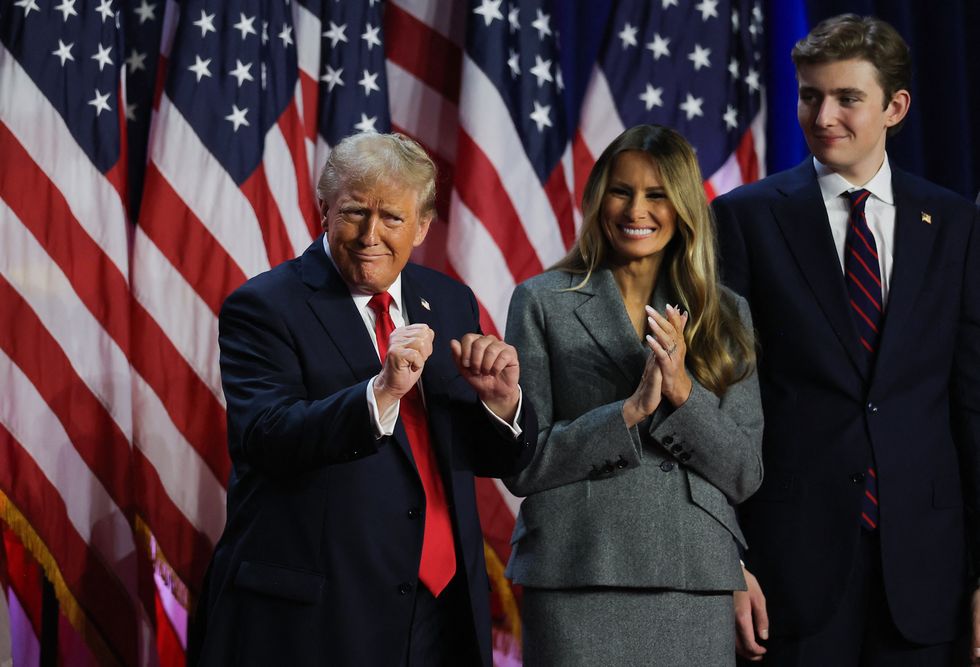
The attack was spurred by Trump's refusal to acknowledge his loss to Biden, which threatened the peaceful transfer of power for the first time in U.S. history.
Trump's sweeping pardons went further than many of Trump's allies had signaled. Both Vice President JD Vance and Trump's attorney general choice Pam Bondi had previously said they believed people who committed violence were unlikely to be pardoned.
Others due for release included Dominic Pezzola, who was accused of stealing a police officer's riot shield and using it to smash a window, beginning the breach of the Capitol.
Attorney Norm Pattis, who represents Rhodes and two other Jan. 6 leaders, disputed the notion that the clemency would lead to an increase in political violence.
"Our politics has always been violent," Pattis said, pointing to events ranging from the Civil War to the protests of the 1960s that sometimes led to bloodshed. "Violence is the norm in this country."

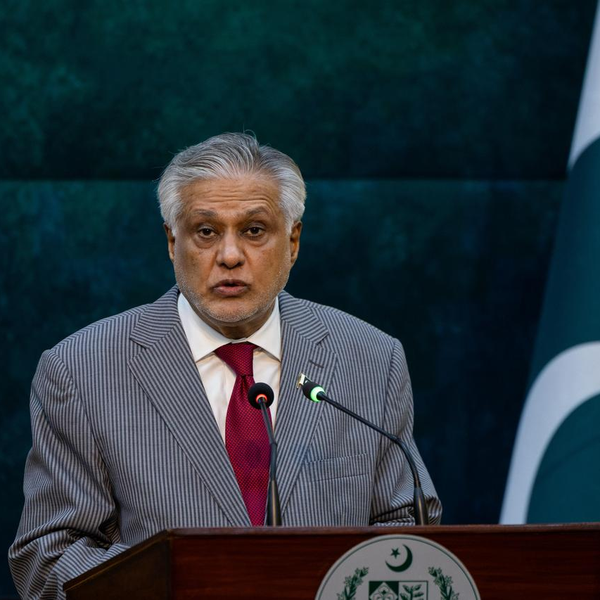
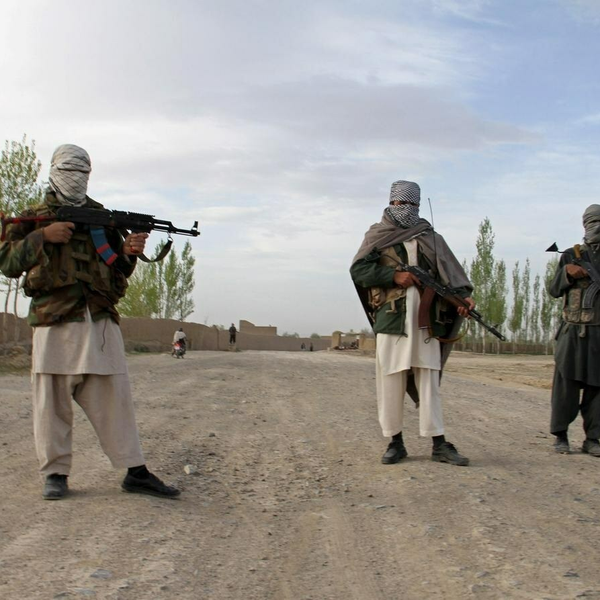

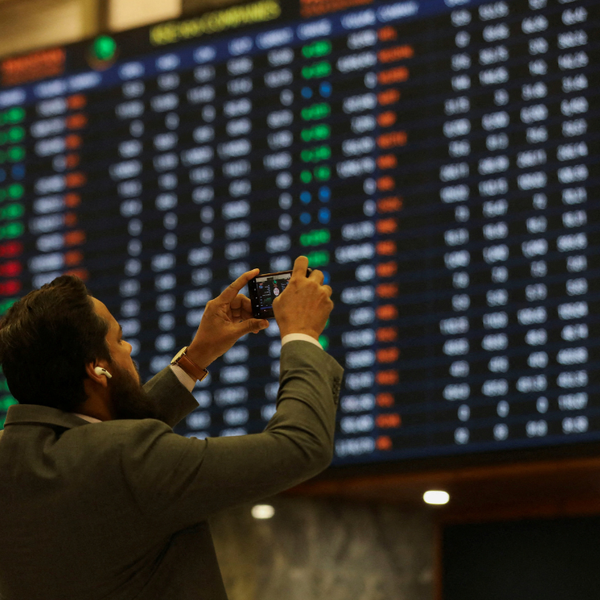

Comments
See what people are discussing